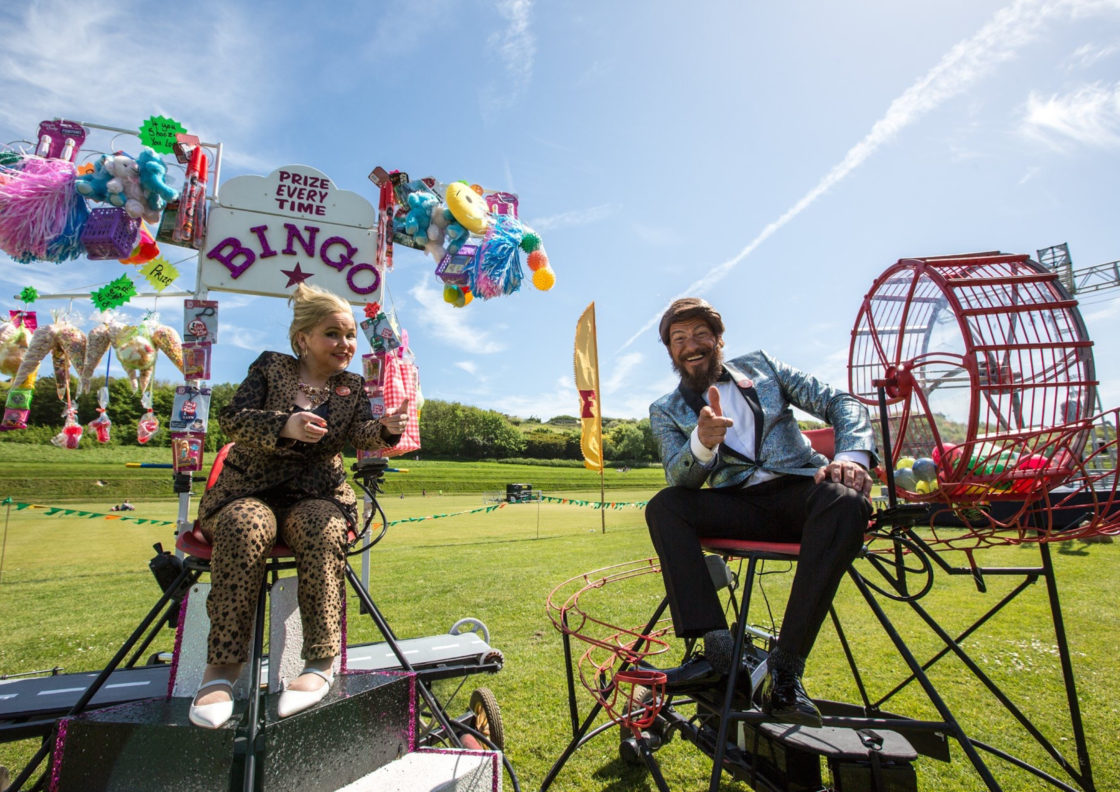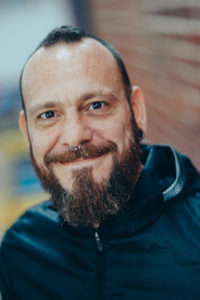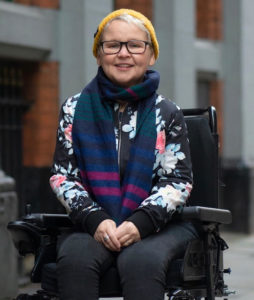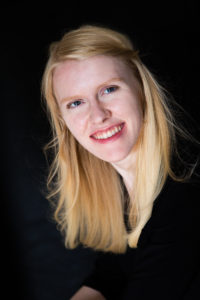

You’re listening to The Gathering, a podcast for artists and creatives from Arts Lancashire.
We’re recording at a time when all of Lancashire is under local lockdown due to Covid 19 and murmurings of a possible second nationwide lockdown are starting to bubble up. These are strange times.
The arts are no stranger to uncertainty and professional artists are some of the most skilled at navigating the precarious nature of freelance work and the stop start characteristic of funded programmes. Yet under the current conditions the landscape in which we are now working in has shifted almost beyond recognition. It’s hard not to feel powerless right now, but if we are to survive as a sector, if we’re to survive as a viable career path, we must find a way through.
This series of conversations focuses on the how, where, why and with whom we can start remaking the arts sector in Lancashire. We talk about working within the new restrictions, where the opportunities are, how to rip up the rule book and why it’s more important than ever to ensure that our artistic practice, our places and spaces, and opportunities to make and participate are consistently inclusive and representative.
For this episode, Alex is joined by a co-host, Helena Ascough, a Lancashire artist, who is at the start of her career in the arts as a partially sighted actor and theatre maker. Together we talked to Theatre Director, Daryl Beeton from Daryl Beeton Productions and Nickie Miles-Wildin, Director of Graeae Theatre, about their experiences and their opinions of accessing and working in the cultural sector as disabled people.
As long-time collaborators, and as individual artists, Daryl and Nicki are committed to platforming the voices, stories and experiences of disabled people, which are too often excluded from arts programmes. Through their work they provide opportunities for disabled artists of all disciplines to create, collaborate and access professional opportunities in the arts.
They also work tirelessly to highlight the need for arts organisations and venues to take a more inclusive approach to making, programming, sharing and developing audiences for disabled led artistic work so there’s a true representation of the lived experiences of deaf and disabled people.
For Arts Lancashire, our conversation with Daryl and Nickie, marks the start of a renewed commitment to show up for deaf and disabled artists wherever we can in our work to raise the of the arts in Lancashire.
In this episode we discuss the impact of the pandemic on disabled artists, how to create opportunities through open conversations and what arts organisations and venues need to do to improve access to culture for disabled audiences and to create more opportunities for training and employment for disabled artists.
Things we talk about in this episode
Links mentioned in this episode:
Arts Lancashire
Manchester Royal Exchange Theatre
Greenwich & Docklands International Festival (GDIF)

Daryl Beeton

Nicola Miles-Wildin

Helena Ascough